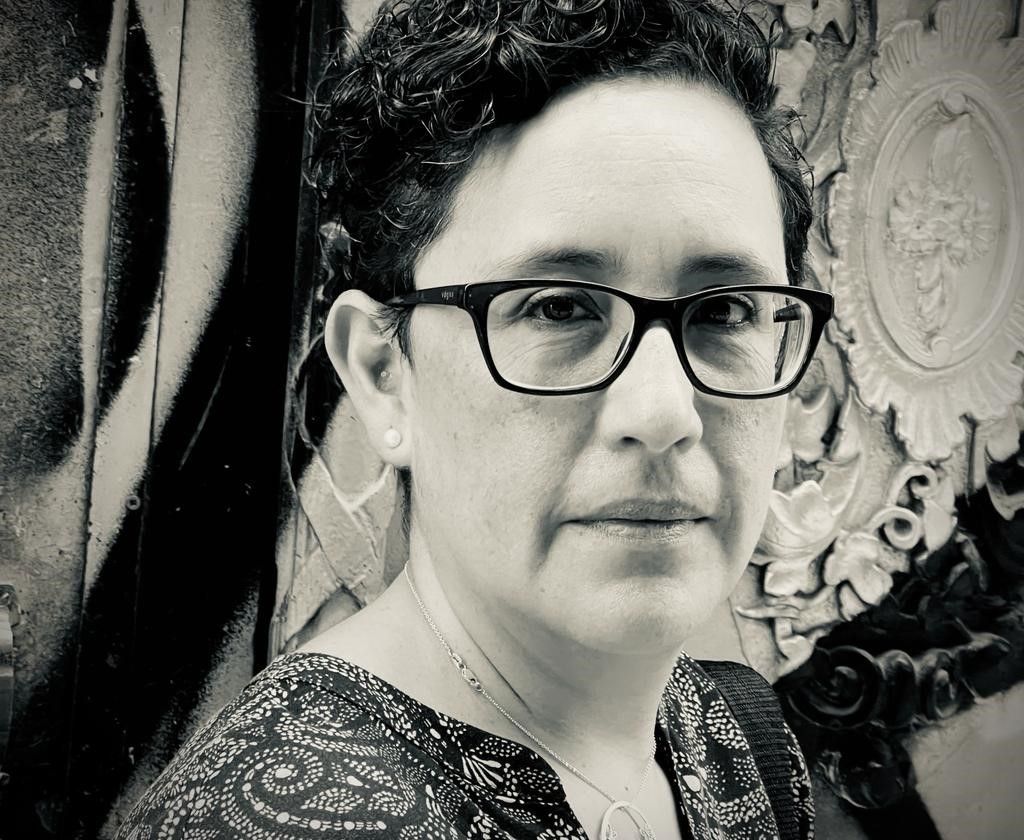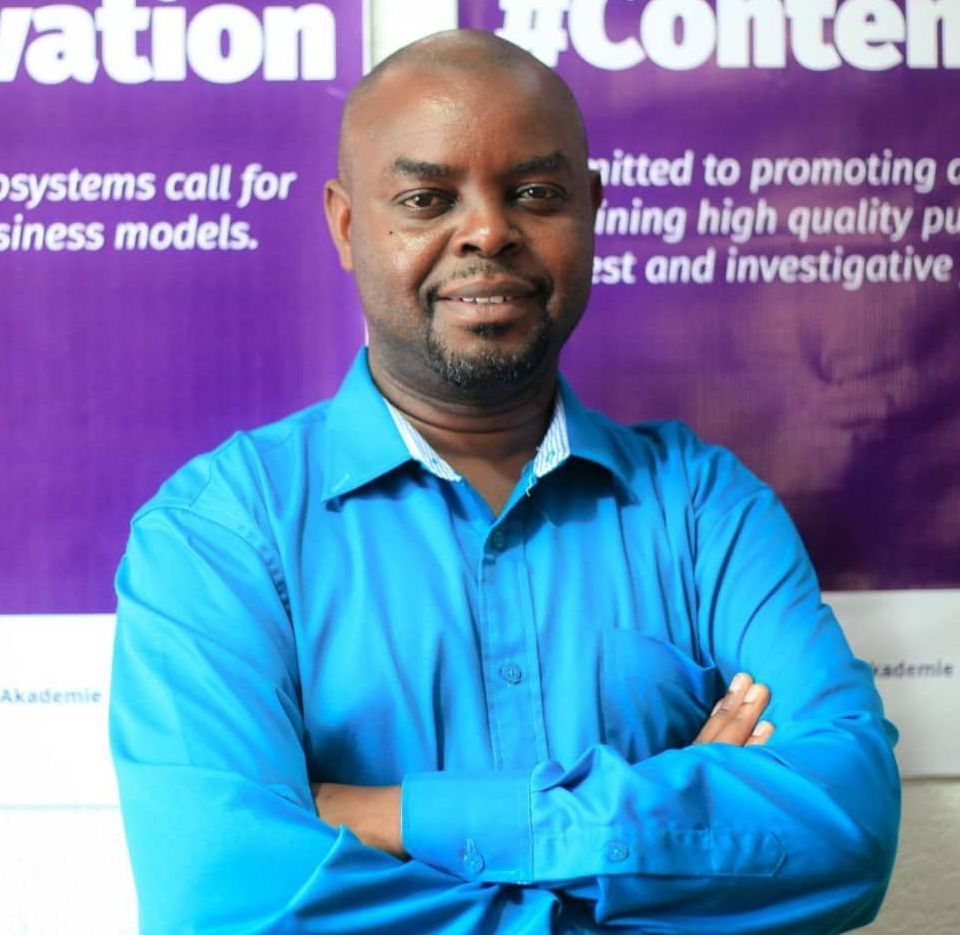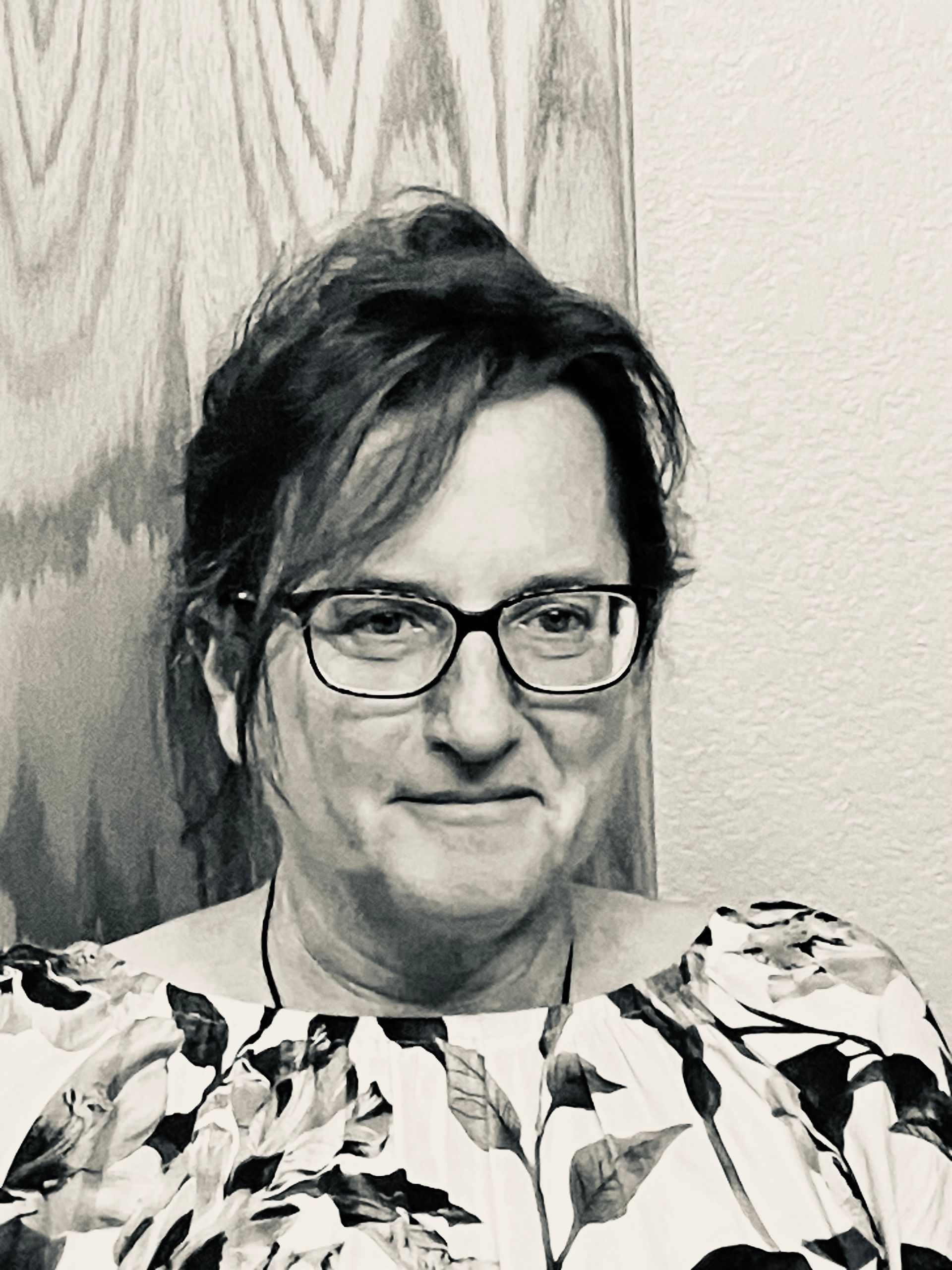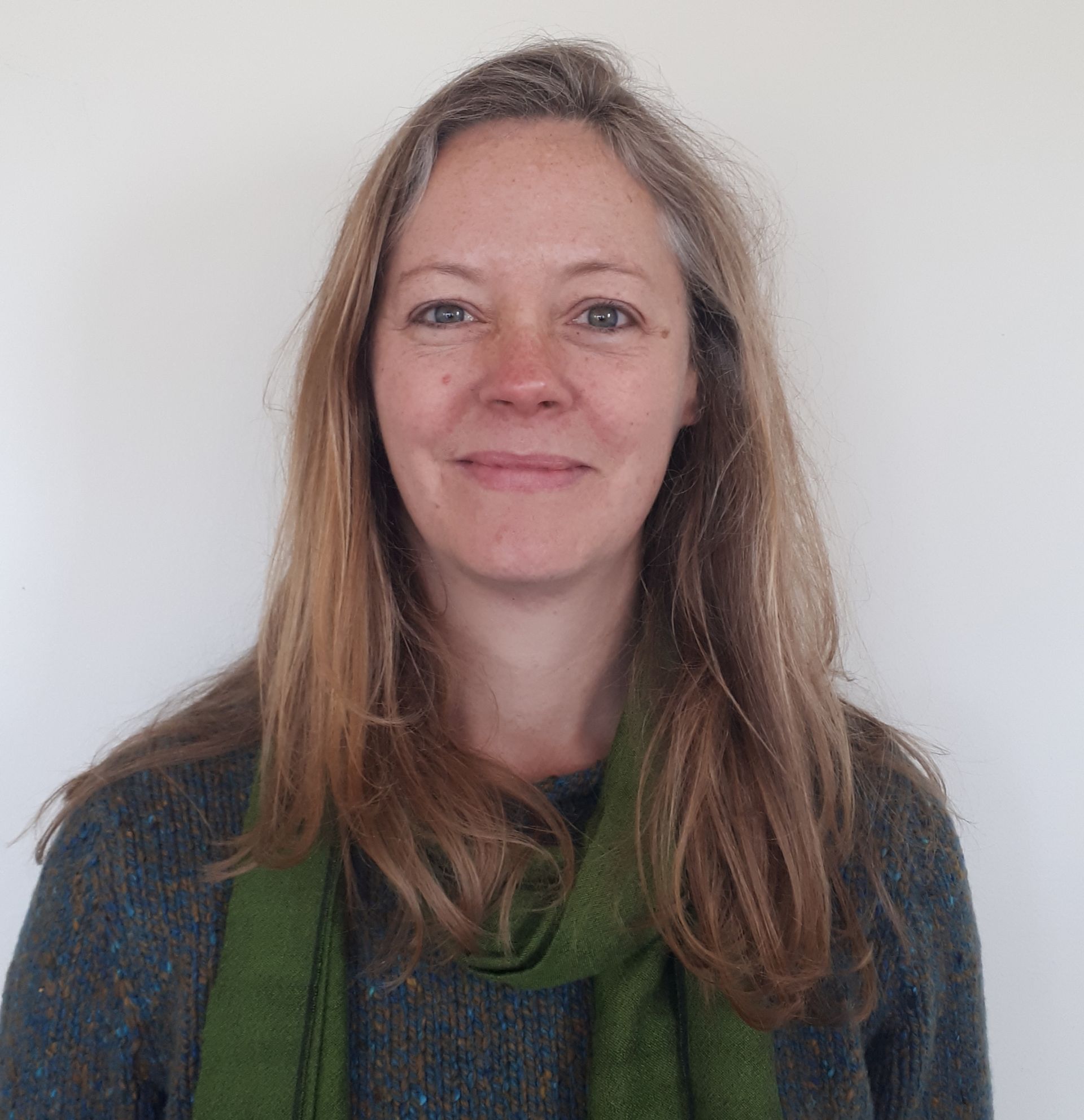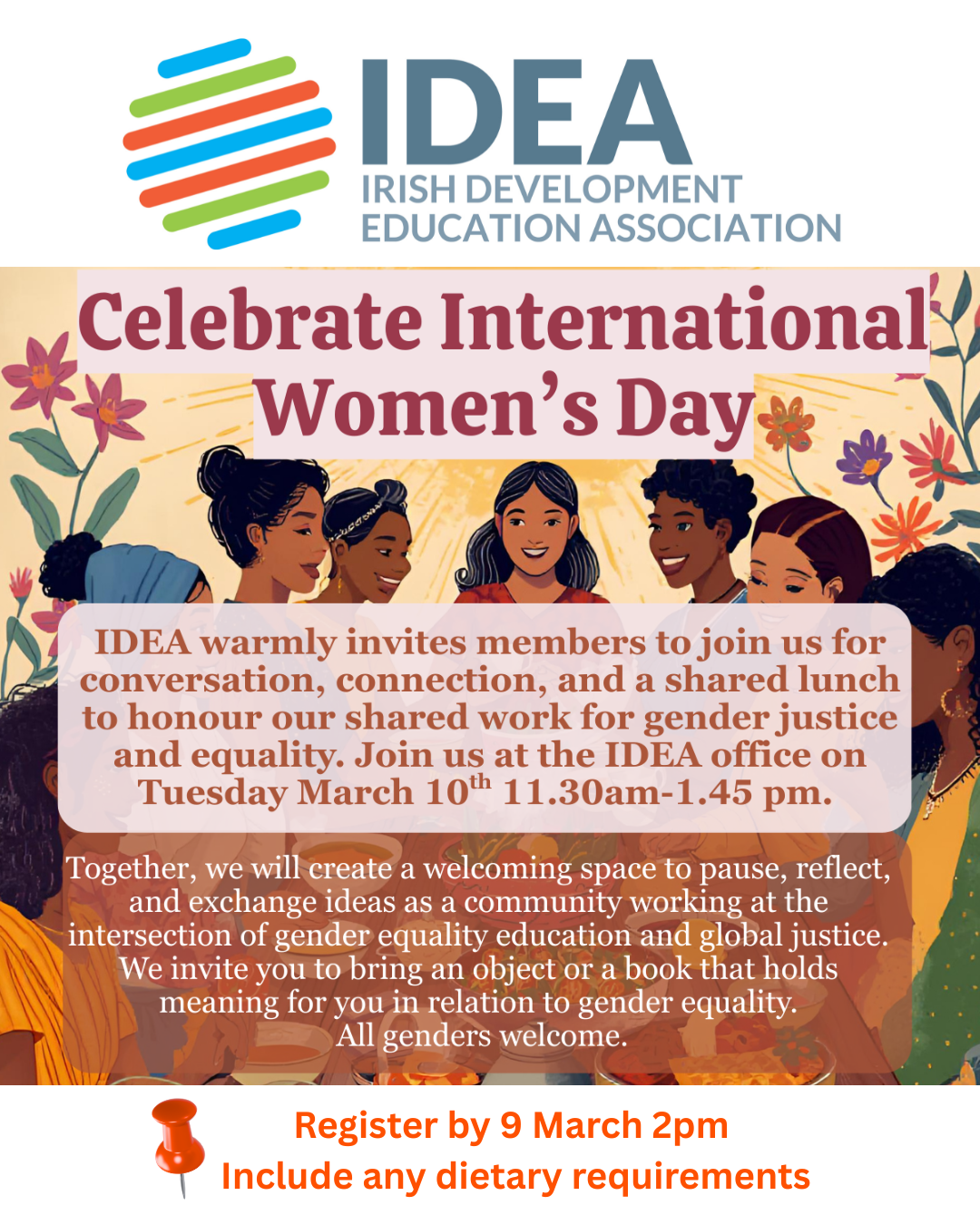Speaker: Rosalba Icaza is a decolonial feminist activist-scholar with over 15 years of research and teaching experience on feminisms, global politics, and research methodologies. Rosalba is a member of the Transnational Network Other Knowledges (RETOS) and collaborates with Suumil Mookt'aan in Sinanche, Yucatan, Mexico. In 2016 she was appointed to the University of Amsterdam Diversity Commission, the first body of its kind in the Netherlands, that conducted research on the state of demographic and epistemic diversity in UvA's governance of teaching and learning. Rosalba is currently part of an international consortium financed by an Erasmus Plus Grant that explores diversity in Europe's Dance Higher Education. Rosalba is also part of the EU-funded Cost Action on Decolonising Development. She is a Full Professor of Global Politics, Feminisms, and Decoloniality at the International Institute of Social Studies (ISS), Erasmus University of Rotterdam (EUR). Her latest publications include: A world in which many worlds can fit: On Knowledge Production and Multiplicity”, in Kohl. A journal on Body and Gender Research. Special Issue on Anticolonial Feminist Imaginaries. Contesting the Present, vol. 9, no.1, winter 2023; “Undoing Coloniality? Polycentric Governing and Refugee Spaces”, in Polycentrism. How Governing Works Today, Edited by Frank Gadinger and Jan Aart Scholte. Oxford: Oxford University Press. With Tamirace Fakhoury, 2023; Our Bodies Breathe Resistance: Covid-19 Stories from/in the margins”. Guest editor with Zuleika Sheik, Globalizations, vol 20, issue 2, 2023.
Webinar: Decolonial Practice in Global Citizenship Education
Date: Friday 13 October, 11.00am - 12.30pm
Location: Online via Zoom
IDEA is inviting you to join us for our Webinar on Decolonial Practice in Global Citizenship Education (GCE) on Friday 13 October, 11.00am - 12.30pm online via zoom. This webinar aims to build understanding of decolonial practice and share approaches to building capacity for decolonial practice in their organisations. Participants will explore what is meant by decoloniality and decolonising organisations. This webinar also aims to equip participants to strengthen anti-oppressive, anti-racist and decolonial practice in their organisations in line with Principle 11 of the IDEA Code of Good Practice for Development Education. This event will be moderated by Sive Bresnihan, who is currently the Training and Education Co-ordinator with Comhlámh and speakers Rosalba Icaza, Dastan Kamanzi, who will provide their insights into decoloniality and decolonising organisations and Alice Feldman an activist-educator, art maker and researcher in the School of Sociology, University College Dublin.
Rosalba Icaza, is a Professor of Global Politics, Feminisms and Decoloniality at the Institute of Social Studies Erasmus University Rotterdam. Prof Icaza is a decolonial feminist activist-scholar with over 15 years of research and teaching experience on feminisms, global politics, and research methodologies.
Dastan Kamanzi is a thinker, Pan-Africanist, and media expert from East Africa, Tanzania. He is the Executive Director of the Tanzania Media Foundation, a Non-Governmental Organization that promotes Media for the public good. He has developed a philosophy called the Tija Human person philosophy and a Work-learn approach which is a pre-colonial approach to education used by Africans to transform their environment before they came into contact with the colonizers.
Alice Feldman is an activist-educator, art maker and researcher in the School of Sociology, University College Dublin. She has worked at the intersections of aesthetics, epistemology and pedagogy in the contexts of knowledge justice projects across university, civic and grassroots landscapes for over 20 years
For more information and if you have any questions, please contact Elaine Mahon via email elaine@ideaonline.ie
Registration for this event is closed!
Biographies
New Paragraph

